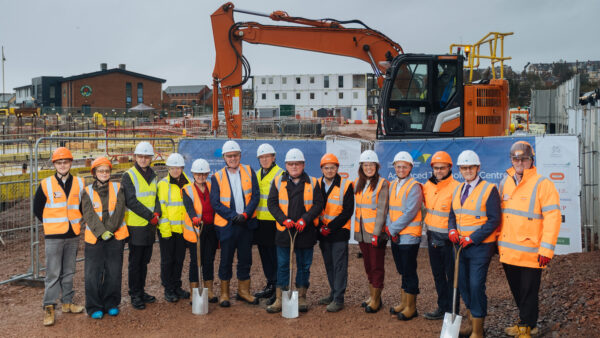
A new independent study is proposing steps to improve public perceptions of modern methods of construction (MMC) and increase its adoption in the public and private sectors.
The research, carried out by Dr Ali Saad, lecturer in construction engineering and project management at Loughborough University, includes contributions from CIOB members Professor Chris Gorse, Professor Chris Goodier and Professor Mohammed Dulaimi.
It also has a foreword by CIOB chief executive, Caroline Gumble.
The publication of the paper comes against a backdrop of waning confidence in MMC after high-profile business failures in the sector, including the recent insolvencies of Ilke Homes, Caledonian Modular, Beattie Passive and Module-AR.
The research found that the disjointed nature of MMC organisations, poor communication around what MMC is, and unfair value comparisons are some of the issues negatively impacting perceptions and confidence.
Recommendations
To challenge these perceptions and increase confidence among public and private sector decision-makers, the paper makes seven recommendations:
- Standardisation of systems among MMC providers to ensure ease of handover in the event of organisational failure;
- Developing and implementing a fair and robust longitudinal comparison criterion that goes beyond cross-sectional assessments;
- Developing a ‘living’ MMC descriptive glossary that specifies and comprises the key terms used in MMC design, manufacturing, production, transportation, and assembly;
- Developing a nationwide ‘exemplar source’ that compiles success and failure stories of MMC project delivery and implementation;
- Modifying public procurement practices to allow for the development of a relationship history with MMC organisations;
- Collaboration across the different MMC phases in realisation of pre-manufactured value;
- Planning policies must promote rewarding change instead of indirectly discouraging innovators by delaying permissions merely due to unfamiliarity.
“The key recommendations presented in this practice paper aim to challenge MMC organisations, clients, and the government to rethink the ways they portray and drive confidence,” Saad wrote in the study’s introduction.
“This is increasingly important, particularly at a time when the downfall of some leading MMC organisations has negatively impacted a favourable image. Consequently, this paper reiterates the need to pursue premanufactured value as a key approach to deliver the needs of the public.”











